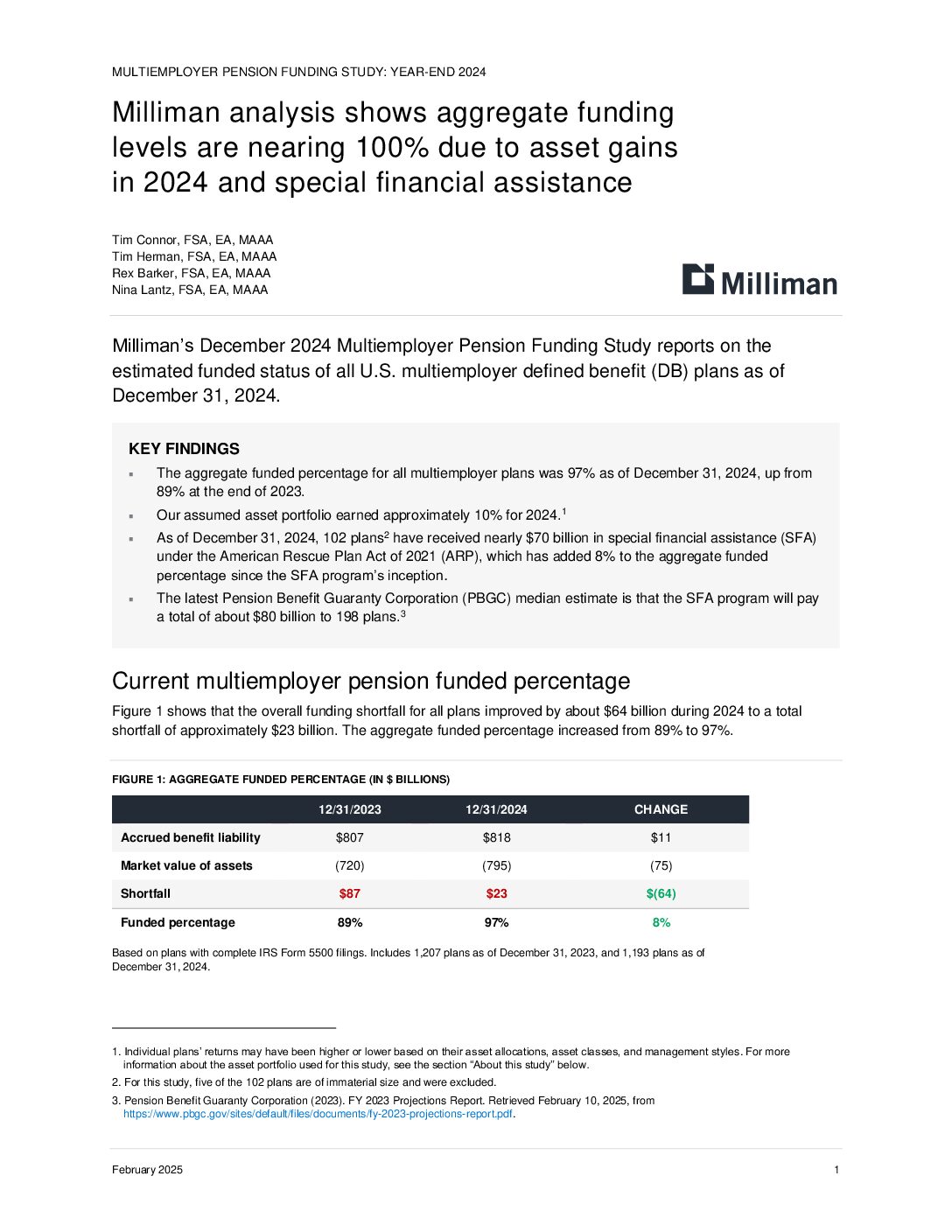Social security developments and trends – Europe 2024
By International Social Security Association
Europe has historically been home to some of the most advanced social security systems in the world. Many countries in the region provide comprehensive, adequate protection against common life cycle and labour market risks for the vast majority of the population. Widespread protection of individuals over the life course enables social security systems to play a key role in ensuring economic and social stability in the face of large-scale shocks. Despite these broad protections, notable gaps remain, especially for migrants, women, self-employed workers, and people engaged in digital platform work and other new forms of employment. If left unaddressed, these gaps could increase the vulnerability of impacted population groups and threaten the long-term sustainability of social security systems.
Get the report here











